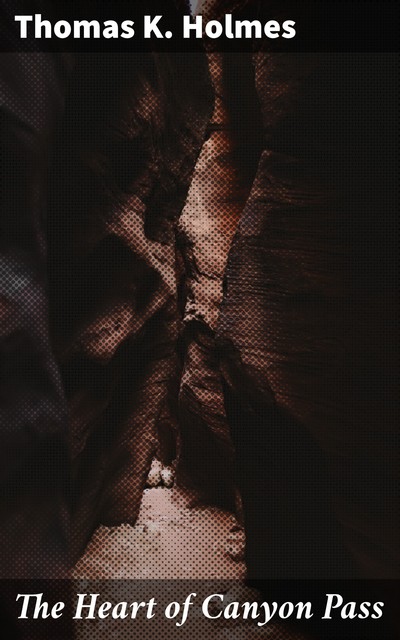In “The Heart of Canyon Pass,” Thomas K. Holmes intricately weaves a narrative that transcends mere storytelling to explore the complexities of human emotion against the rugged backdrop of the American West. Holmes employs a lyrical prose style, rich with vivid imagery and keen observations, allowing readers to immerse themselves in the atmospheric landscapes that profoundly shape the characters and their fates. This novel not only serves as a love letter to the natural world but also embeds itself within the tradition of Western literature, challenging conventional tropes by focusing on inner lives rather than external conflicts. Holmes, an avid hiker and nature enthusiast, draws upon his own experiences in the wilderness to lend authenticity and depth to his writing. His background in environmental studies and personal encounters with the beauty and brutality of nature inform the philosophical undertones of the narrative, enabling him to craft an evocative exploration of humanity'Äôs relationship with the Earth. This intimate connection between author and subject matter imbues the novel with a sense of urgency and reflection, prompting readers to consider their own ties to the natural world. “The Heart of Canyon Pass” is recommended for readers seeking a profound literary experience that encapsulates the struggle and resilience of the human spirit. Holmes'Äô ability to blend the themes of love, loss, and redemption within the breathtaking tapestry of the wilderness makes this novel an essential addition to contemporary American literature, appealing to those who appreciate both emotional depth and environmental consciousness.


